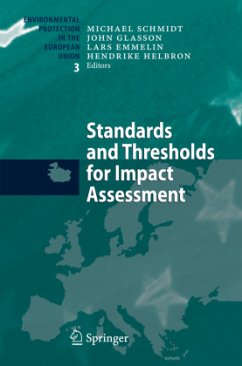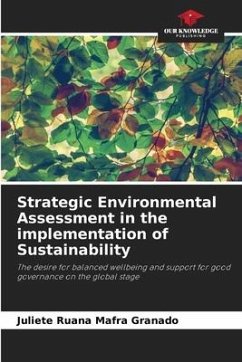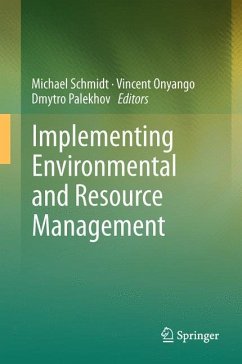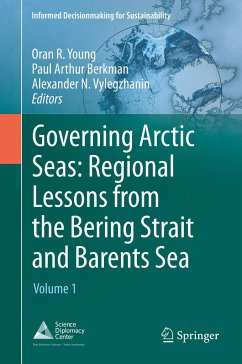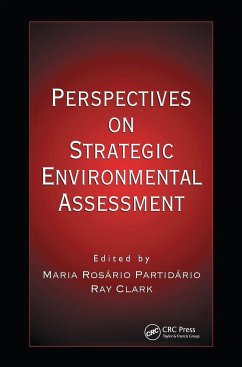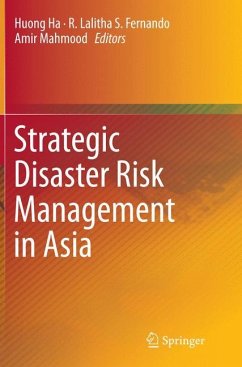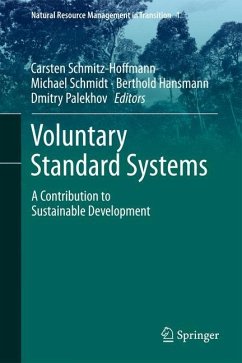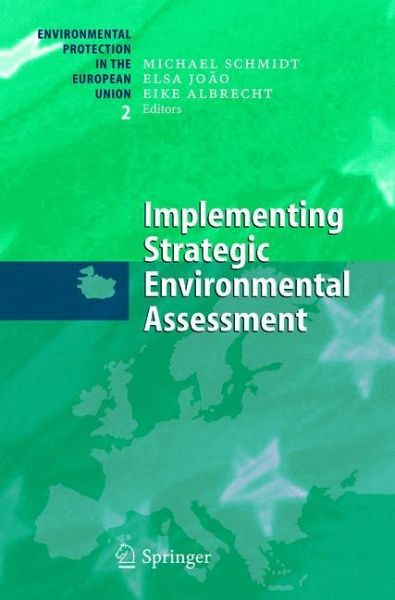
Implementing Strategic Environmental Assessment
Versandkostenfrei!
Versandfertig in 6-10 Tagen
152,99 €
inkl. MwSt.

PAYBACK Punkte
76 °P sammeln!
More countries are now using Strategic Environmental Assessment (SEA) than ever before. This timely and comprehensive Handbook describes the implementation of SEA in 18 countries around the world, as well as a critical analysis of different SEA methodologies. The Handbook starts by introducing key SEA principles and the legal requirements of the new European SEA Directive (which became law in 2004). It then describes the implementation of SEA in 11 European Union countries, as well as the USA, Canada and New Zealand. This is contrasted with SEA requirements of four developing countries. The Ha...
More countries are now using Strategic Environmental Assessment (SEA) than ever before. This timely and comprehensive Handbook describes the implementation of SEA in 18 countries around the world, as well as a critical analysis of different SEA methodologies. The Handbook starts by introducing key SEA principles and the legal requirements of the new European SEA Directive (which became law in 2004). It then describes the implementation of SEA in 11 European Union countries, as well as the USA, Canada and New Zealand. This is contrasted with SEA requirements of four developing countries. The Handbook explores public participation issues and the wide-range of SEA methodologies used in terms of resources (soils, water and biodiversity) and sectors of activity (transport, agriculture, waste management and industry). The Handbook concludes with a discussion on best practice, capacity building and the future of SEA.





